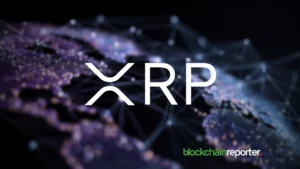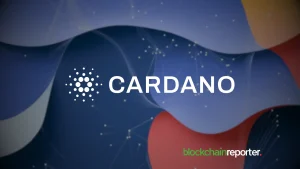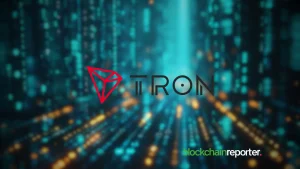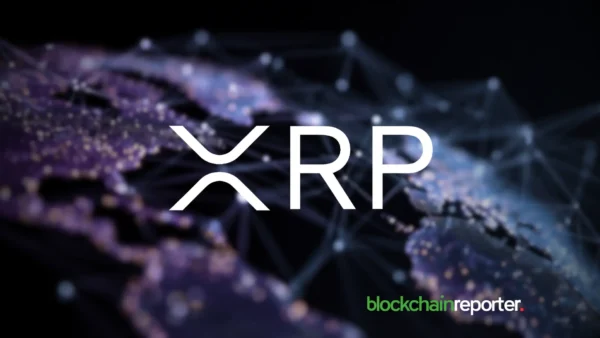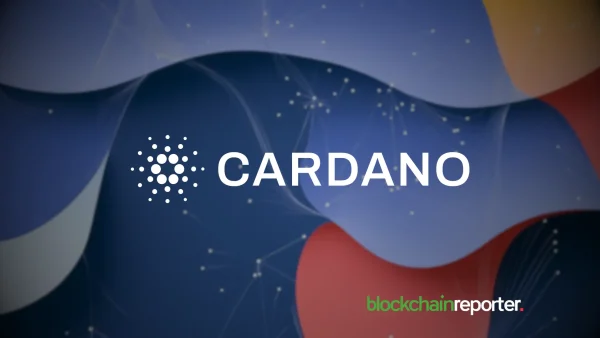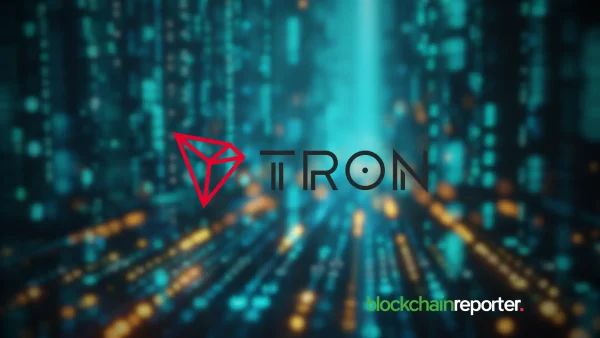
Customer loyalty programs are undergoing a profound evolution as brands tap into the capabilities of Web3. By tokenizing rewards, brands can introduce significant value into their loyalty programs, driving customer engagement to new heights and strengthening their relationships with consumers.
For now, tokenized loyalty programs are still a very niche concept, but with the arrival of easy-to-use tokenization platforms such as Tidepay and Shping, that could change very soon.
Flexibility & Accessibility
Tokenization refers to the process of taking physical, real-world assets and representing them as tokens on the blockchain. There has been a lot of talk about the prospects of tokenizing markets such as real estate, paving the way for fractional ownership of luxury apartments, condos, hotels, rental properties and more. But there has been a lot less talk about another key potential use case for tokenization, which can dramatically enhance the value of customer rewards to increase loyalty to brands.
Traditional loyalty programs generally have very limited redemption options for consumers, who are only allowed to spend their rewards points within a specific brand’s application, for example. Tokenization, on the other hand, makes it possible for consumers to manage, store, transfer or even cash in their rewards through a digital wallet. It provides greater accessibility and flexibility for loyalty programs, enabling customers to utilize the rewards they have earned in ways that align with their own preferences, whether that’s purchasing discounted products from an array of other brands, gifting tokens to their friends, or converting them to alternative digital assets or even fiat.
Greater Value & Increased Personalization
By tokenizing rewards, brands can offer more valuable and personalized redemption options to their most loyal customers. They’ll be able to swap their tokenized rewards points for much more than just discounted products, with exclusive experiences, fractional ownership and passive-income generating opportunities just some of the ideas. In this way, businesses can provide more personalized and unique rewards to each customer, deepening customer loyalty while boosting the emotional connection between brands and consumers.
Seamless Integration
Loyalty programs can be integrated with much broader ecosystems when they are tokenized. One example is the unified rewards program, which allows businesses to collaborate with their partners to create an interconnected ecosystem in which consumers can earn and redeem loyalty points across numerous brands and industries.
Shping’s shoppers rewards app is a great example of a unified ecosystem. It offers a universal loyalty program that any brand can join, rewarding consumers every time they interact with products. For instance, customers can simply scan a barcode to find out more about a product and earn rewards that way, and when they make a purchase they can earn additional points by uploading a receipt, writing a review and more. Brands can also access Shping’s unique, first-party dataset on consumers to drive precise, targeted advertising to deliver more personalized marketing campaigns.
Shping provides brands with a ready-made loyalty program that allows them to nurture strong relationships with their customers and incentivize them to learn more about their products and services. It allows brands to identify their most loyal customers and better communicate with them, while simultaneously reaching out to new consumers who might enjoy their offerings.
By integrating a customer loyalty program into a much bigger ecosystem, brands will amplify the value proposition they offer customers, driving faster rewards accumulation and increasing the opportunities for consumers to redeem those rewards.
Transparency & Trust
Blockchain and tokenization can also increase transparency, with every rewards transaction recorded on an immutable and public ledger. By doing this, brands can significantly reduce the risk of fraud and enhance consumer trust. At the same time, the authenticity of rewards can easily be validated by any customer.
Tokenized Loyalty In Action
ATH Vodka is one of the world’s most recognizable brands to have adopted a tokenized loyalty and rewards program. The company’s ATH Rewards app was built by Tidepay, a tokenization platform that’s focused on using digital assets to enhance consumer loyalty.
The company said it’s embracing Web3 to drive greater customer engagement by rewarding their loyalty in new and exciting ways to deliver more memorable experiences.
Tidepay’s platform enables brands to quickly tokenize their rewards programs and forge deeper relationships with their customers. In the case of ATH Vodka, the primary incentive for consumers is rewards paid out in $ATH tokens on every bottle of vodka. What’s exciting is that these tokens can be redeemed in numerous ways, transferred to others, or sold for different cryptocurrencies.
With Tidepay’s white label platform, ATH Vodka can now offer rewards across a selection of industries, in addition to its own offerings. Customers can use their $ATH tokens to buy discounted products from ATH Vodka and partnering brands, and also access other possible benefits, such as live events, concerts, unique experiences and sports events. As an example, ATH Vodka is offering access to big music events like the Strawberries and Cream festival, exclusive supercar trips with Cannon Run, day trips on luxury yachts, weekend getaways and more.
Harnessing Tokenized Rewards
By switching their loyalty programs to the blockchain and harnessing the power of tokenization, brands can build greater customer loyalty by providing access to an entire ecosystem of possible benefits. In this way, they can cater to the preferences of every customer, with unique benefits that appeal to all tastes.
The future of customer rewards programs will be built on the blockchain, where they can elevate engagement and loyalty by offering a much wider range of incentives.

